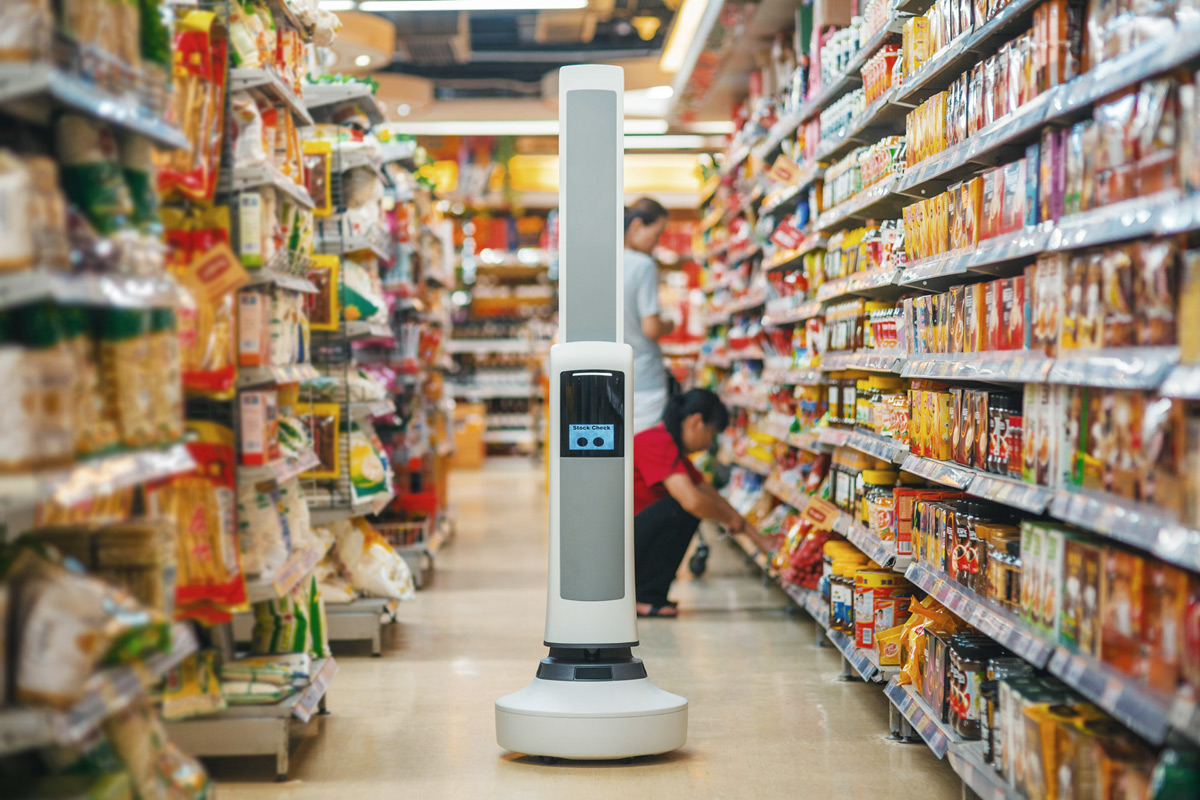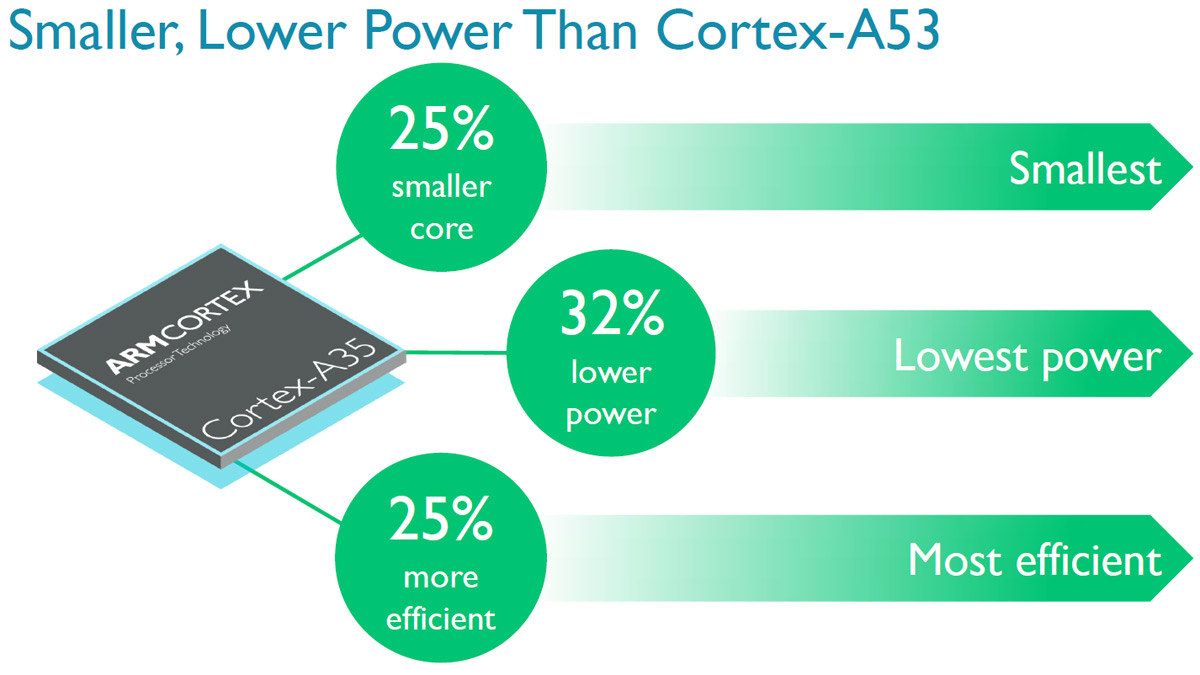Robot watches store shelves so you don’t leave empty-handed
Few things are more annoying while shopping than finding out that a store hasn’t bothered to stock what you want… assuming you know to look for it in the first place. A robot may just come to your rescue, though. Simbe Robotics is launching an autonomous robot, Tally, that scans store shelves and lets workers know when goods are running out or misplaced. Shops no longer have to make a human trudge through the aisles — they only have to send someone out when supplies are low. Tally can work during normal business hours, and it even has a Roomba-like charging dock so that it can top itself up in mid-shift.
The robot is still in testing with “several” North American retailers, and it could be a while before your favorite shop has an automaton roaming the halls. This could go a long way toward improving your shopping experience if it catches on, however. You’d be much less likely to see empty shelves, and you’d have one less reason to ask staff for a time-consuming inventory check.
NVIDIA’s ‘mobile supercomputer’ can make machines smarter
Hardware developers looking for a quick way to add machine learning to their devices just got some help from Nvidia. The GPU-centric company announced the Jetson TX1 developer module with an emphasis on machine learning. The device could lower the lead time needed to create machines that rely the on computations needed for dynamic input and computations. This includes: autonomous drones, facial recognition and behavioral analysis within a crowd and computer vision. The TX1 development kit replaces the Nvidia TK1 launched last year. The tiny supercomputer pushes one terraflop of performance, networks via ethernet and 802.11 ac, is under 10 watts and ships with Linux installed. Oh, and you can play Doom on it. The TX1 developer kit will be available for preorder on November 12 and will ship on November 16. The retail price is $599 with educators and students able to grab one for $299. The stand-alone module will be $299 and will ship in the first quarter of 2016.
ARM’s latest design brings 64-bit processors to smartwatches
It’s no longer hard to find 64-bit processors in smartphones. In smartwatches, though, they’re still a rarity — and ARM wants to change that with its new Cortex-A35 processor design. The architecture promises the most energy-efficient 64-bit mobile chips yet, sipping 32 percent less power than the mid-range A53 even as it outruns the Cortex-A7 it’s meant to replace (6 to 40 percent faster). It’s extremely scalable, too. You can build full-fledged quad-core chips for entry-level smartphones, but you can also strip things back to make tiny chips for watches and activity trackers.
The first A35-based devices aren’t likely to ship until late 2016, and it’s too soon to say who’s lining up to use the design. However, the technology holds a lot of promise for wearables and entry-level smartphones. While 64-bit isn’t a cure-all (it doesn’t automatically make devices faster, for instance), it unlocks the door to apps and features that depend on particularly complex number-crunching, like tougher encryption. You may well see smartwatches next year which do things that aren’t even feasible today.





Recent Comments